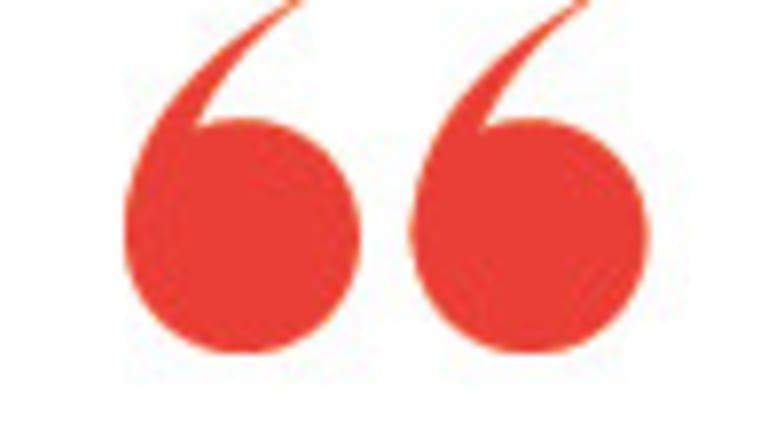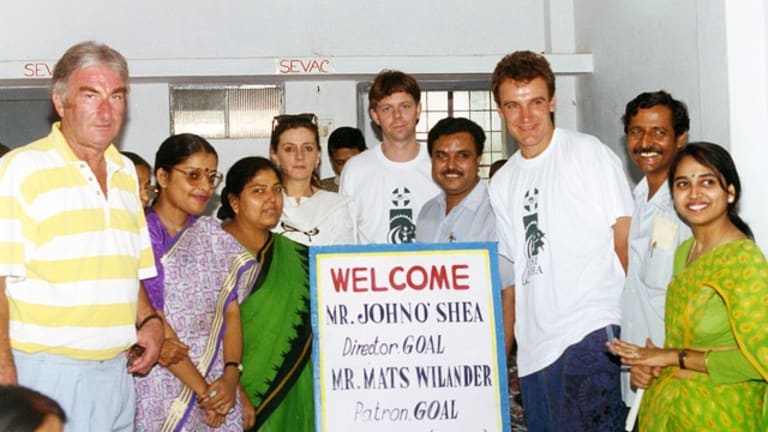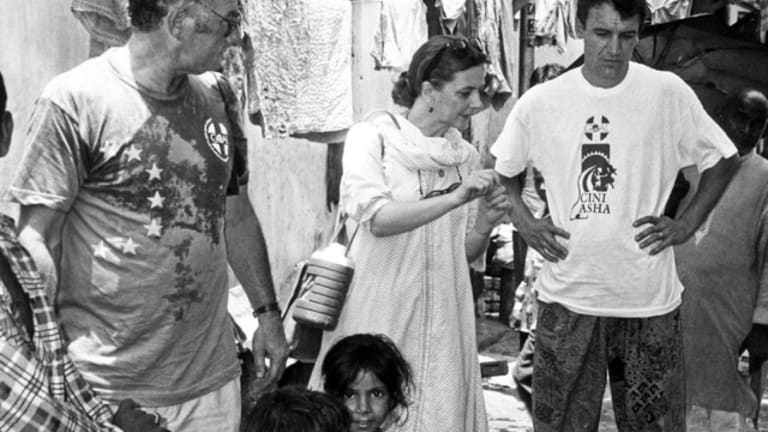The stars of our sport shared stories about their heroes, both in life and on the court, and how these idols shaped who they are today. For more "My Hero" submissions, click here.
Mats Wilander: My Son and John O’Shea
Dec 16, 2015Social
Carlos Alcaraz and Rafael Nadal reunite on the red carpet at the Laureus World Sports Awards
By Apr 21, 2025Madrid, Spain
Expert Picks, Madrid Open: Who will win, who needs a deep run, and who are we watching closely?
By Apr 21, 2025Game, Set, Bet
WTA Madrid Open Betting Preview: Iga Swiatek, Aryna Sabalenka, or someone else?
By Apr 21, 2025Madrid, Spain
Alexandra Eala returns in Madrid, could clash with Iga Swiatek in second round
By Apr 21, 2025Madrid, Spain
Novak Djokovic returns to Madrid still seeking his 100th tour-level title
By Apr 21, 2025Style Points
Andre Agassi revisits some of his most iconic tennis outfits
By Apr 21, 2025Stat of the Day
Jelena Ostapenko becomes first woman since Serena to beat No. 1 and No. 2 at same event on clay
By Apr 21, 2025WTA Stuttgart, Germany
Jelena Ostapenko routs Aryna Sabalenka, completing remarkable week in Stuttgart
By Apr 21, 2025ATP Barcelona, Spain
Carlos Alcaraz’s loss shows the Monte Carlo-Barcelona double isn’t as easy as Rafael Nadal made it look
By Apr 20, 2025Mats Wilander: My Son and John O’Shea
On the surface, my two heroes have little in common, but both hav
Published Dec 16, 2015
Advertising

Mats Wilander: My Son and John O’Shea
Advertising

Mats Wilander: My Son and John O’Shea
Advertising

Mats Wilander: My Son and John O’Shea
Advertising

Mats Wilander: My Son and John O’Shea